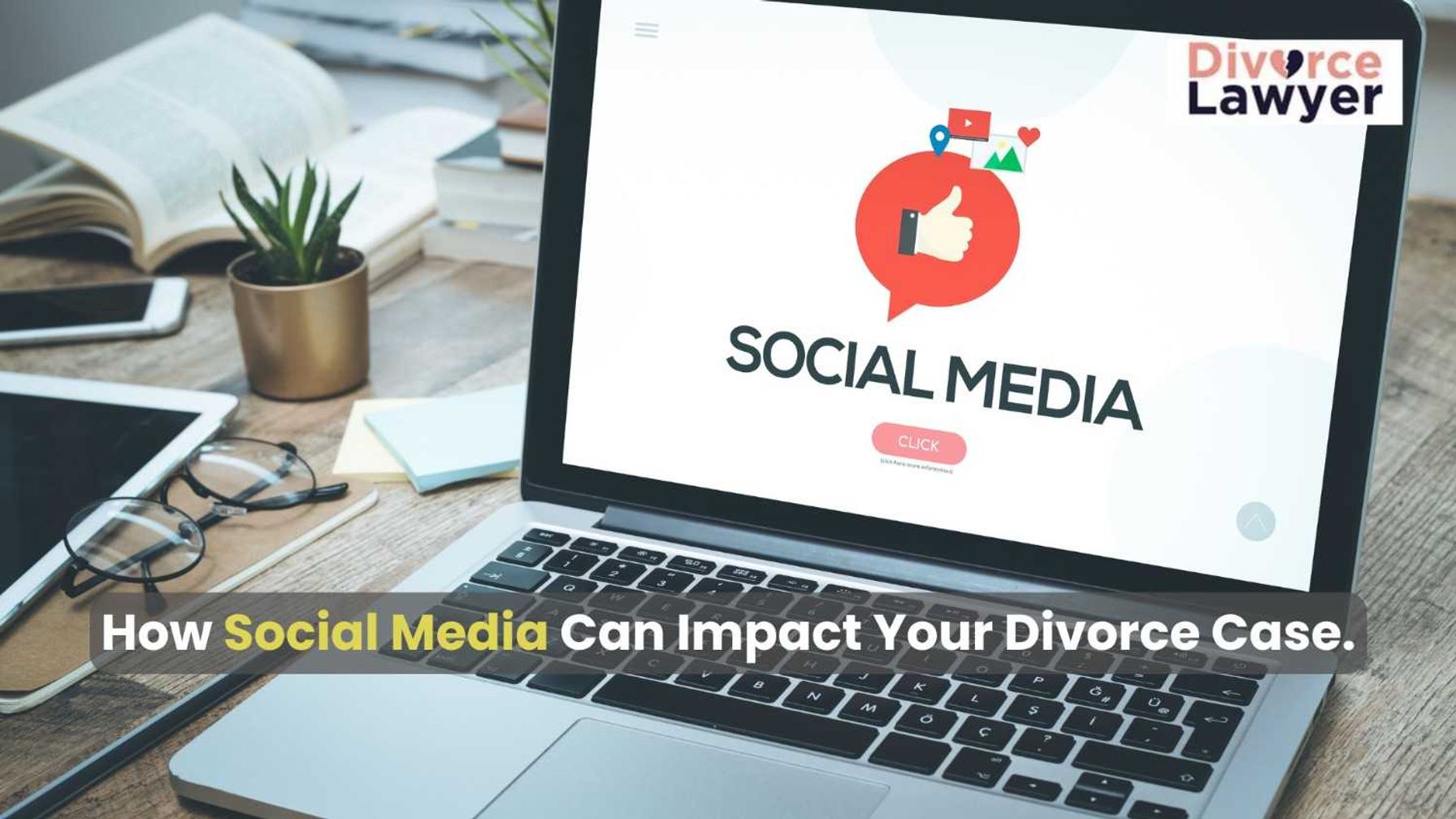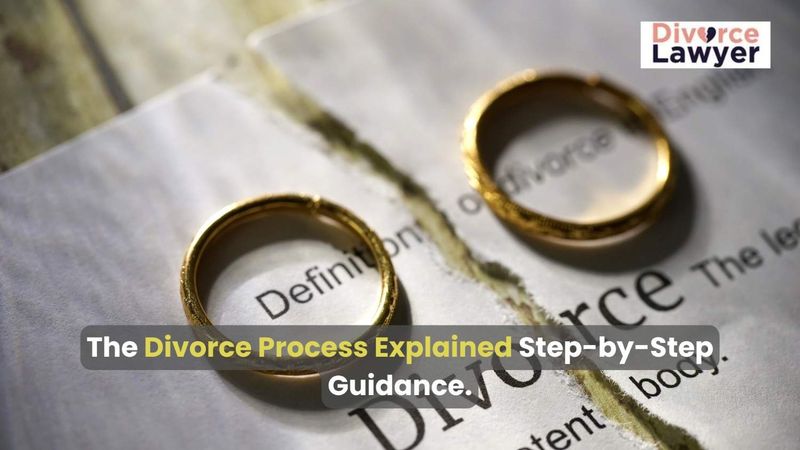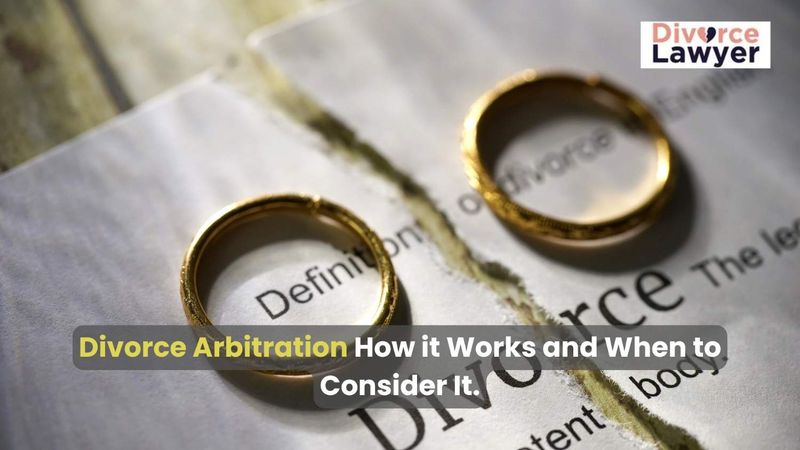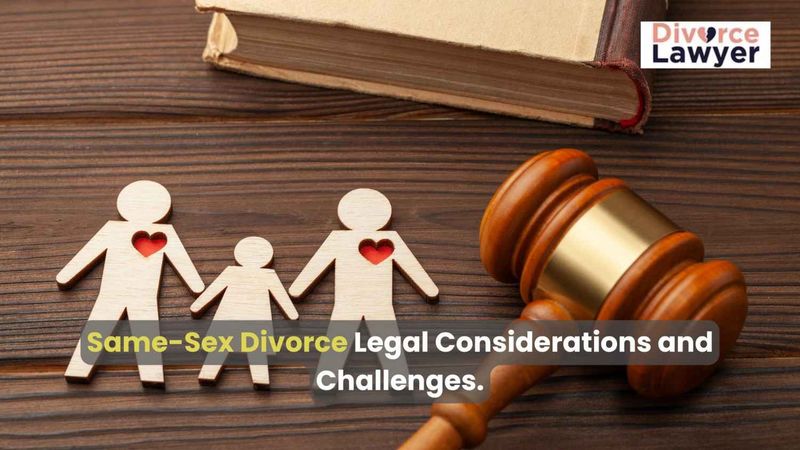Social media has become a central part of our lives, but it can have unintended consequences during a divorce. What you post, share, or comment on may influence the outcome of your case, affecting decisions on child custody, alimony, or asset division. Here’s how social media can impact your divorce and what you should do to protect yourself.
Why Social Media Matters in Divorce Cases
Divorce cases rely on evidence, and social media often serves as a rich source of information. Posts, photos, and even comments can be used in court to:
- Verify claims made by either party.
- Challenge financial declarations.
- Assess a parent’s behavior or lifestyle.
In many cases, social media evidence can significantly sway the judge’s decisions.
Common Ways Social Media Can Hurt Your Case
- Contradictory Statements:
If your posts contradict statements made in court, they can damage your credibility. For example, claiming financial hardship while posting about an expensive vacation may hurt your case. - Inappropriate Content:
Posts showing reckless behavior, substance abuse, or inappropriate interactions can affect custody and visitation rights. - Financial Implications:
Photos of luxury items or activities may lead to investigations into hidden assets or undeclared income. - Negative Remarks About Your Ex:
Publicly criticizing your spouse can reflect poorly on you, especially in custody disputes.
Practical Tips for Social Media Use During Divorce
- Think Before Posting:
Avoid sharing anything that could be misinterpreted or used against you in court. - Review Privacy Settings:
Limit access to your posts by adjusting your privacy settings. However, remember that nothing online is truly private. - Pause Social Media Activity:
Consider taking a break from social media during the divorce proceedings to avoid unintentional missteps. - Avoid Engaging in Arguments:
Do not respond to negative comments or engage in conflicts online. - Consult Your Lawyer:
Discuss your social media activity with your lawyer to ensure it aligns with your legal strategy.
How Social Media Can Be Used as Evidence
Courts accept social media evidence if it is relevant and obtained legally. Common examples include:
- Photos that contradict custody or lifestyle claims.
- Messages revealing hidden financial activities.
- Public statements that show a lack of cooperation or hostility.
The Role of a Divorce Lawyer
An experienced divorce lawyer can help:
- Analyze social media content for potential risks.
- Advise you on what to avoid posting.
- Challenge inappropriate use of social media evidence by the opposing party.
Social media is a double-edged sword in divorce cases. While it helps us stay connected, it can also create complications in legal proceedings. By managing your online presence carefully and seeking professional advice, you can protect your interests and avoid unnecessary complications.
For expert legal guidance on divorce and social media, contact our team of skilled family lawyers today.




